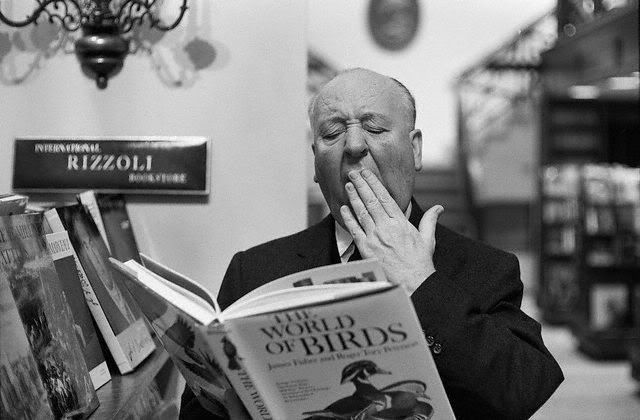Dissecting a Scene (or How to Reduce Something Beautiful to a Meandering Splodge of Dull)
Film is primarily a visual form, no matter how loud Michael Bay feels he has to make it, and the best of them speak in images - not just in a beautifully composed, or sumptuously rendered single image, but through an interplay of multiple, linked images. Strangers on a Train (Alfred Hitchcock, 1951) does just that and if you'll indulge me I'll tell why I think this and how I think it goes about it. I'll do this using my (scant) powers of semiotic understanding on the opening 2 minutes and 17 seconds of this pant-wettingly lovely offering from Mr. Hitchcock , which arguably shows us very little but, hopefully just as arguable tells us everything because that's the plan. (Assuming you watched the link or have seen it before) Fantastic, isn't it? Now let me ruin it - I mean explore it. Let's explore it. Ok, a real quick introduction to semiotics as I understand it. Semiotics is interested in signs, not what they mean necessarily but how they mean
